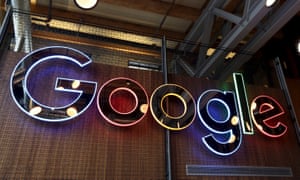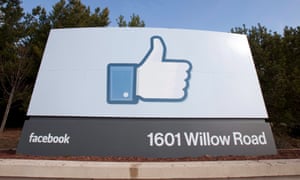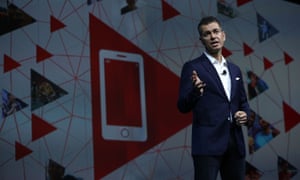How much are you worth to Facebook?
http://www.theguardian.com/technology/2016/jan/28/how-much-are-you-worth-to-facebook#img-1- If you live in the UK you’re only worth one-third of a North American to the social network – and if you live elsewhere, it could be even less
- Facebook has set new records for both the number of users it has, far outstripping every other social media company, and the amount of revenue it generates. But how much are you actually worth to Facebook?
- During the Facebook earnings call on Wednesday, the social network revealed that it now has 1.59 billion users that visit it on a monthly basis, world wide, which is up 40 million users since its last report, Q3 2015. That accounts for around 50% of the 3.2 billion internet users globally, according to data from the ITU, and 21.5% of the global population.
- Daily active users were also up, reaching 1.04 billion users, while mobile-only monthly users have increased to 823 million making up 51.7% of the social network’s monthly active users. Mobile Facebook users, of which there are 1.4 billion a month, also account for 80% of Facebook’s revenue, mostly from advertising, which helped it break records and reach $5.841bn in revenue for the fourth quarter of 2015, up over $1.3bn from last quarter.
This is an article which talks about how much social media has had an impact on our society, this article talks about how much each individual is worth. In my opinion I think this was very interesting knowing that a social media site is able to determine how much we are worth as humans
Google says Isis must be locked out of the open web

- Google’s head of ideas, tasked with building tools to fight oppression, has said that to stop Isis being able to publicise itself on the internet requires forcing Isis from the open web.
- Isis propaganda has been effective at spreading information online. It has produced slick videos, hijacked existing social media trends including hashtags, and used bots to spread its messages. Online, it has made itself look bigger and more widespread than it physically is in Syria and surrounding areas.
This is a story which talks about recent comments which Google have made, they said that anything related to isis (which is an extremist terrorist group) should be locked out from the internet. The reason for this is the videos that they release are very extreme. In my opinion, i think that they should only block out the violent content and keep the other information so that people could research it.






